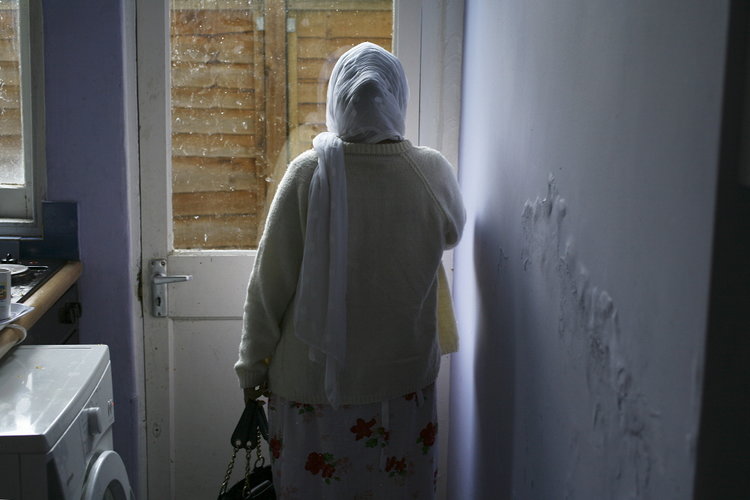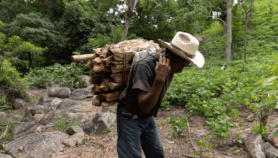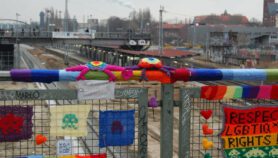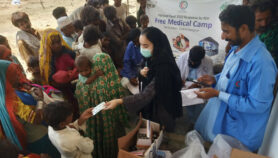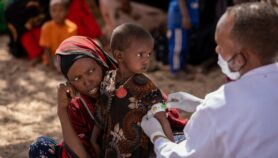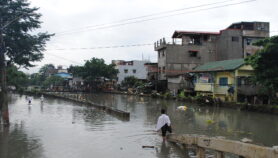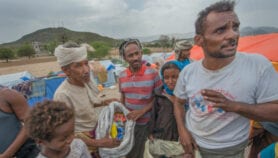By: Mike Ives
Send to a friend
The details you provide on this page will not be used to send unsolicited email, and will not be sold to a 3rd party. See privacy policy.
Survivors of human trafficking in South-East Asia require better access to health services, especially related to mental health, a study says.
The study, which surveyed more than 1,000 victims of forced labour, found that about half had experienced physical violence or sexual abuse as a result of trafficking.
In addition, more than 60 per cent reported symptoms of depression, 40 per cent were diagnosed with post-traumatic stress disorder and five per cent said they had attempted suicide in the previous month, it found.
According to Sverre Molland, a human trafficking researcher at the Australian National University in Canberra who was not involved in the study, the findings confirm “quite a few things that academics and practitioners have anticipated or known in a more anecdotal sense” for many years.
For example, he tells SciDev.Net, the results highlight that dealing with the fallout from human trafficking is not solely a criminal justice issue, but one that also requires active participation from a range of government services, including healthcare.
The study, published this month in The Lancet Global Health, was based on interviews with 1,102 men and women working in a number of fields — from fishing to factory or sex work — in Cambodia, Thailand and Vietnam. Of the 985 participants who provided data on their working hours, 30 per cent said they had worked at least 11 hours a day.
In 2012, nearly 21 million people worldwide were victims of forced labour, and nearly 12 million of them were from the Asia-Pacific region, according to the International Labour Organization, a UN agency.
The Lancet study says mental health should be an essential component of care programmes to help trafficking victims. More research should be done to determine how such programmes could be offered in places with limited resources and among multilingual communities, it says.
The study is a collaboration between researchers at the London School of Hygiene & Tropical Medicine, United Kingdom, and the International Organization for Migration (IOM), which aims to improve the conditions of migrants.
Jobst Koehler, one author of the study, says the paper found little cooperation between health workers and people responsible for reintegrating trafficking survivors into society.
He says the mental health implications of trafficking survivors are understudied, as the causes of their anxiety problems are often manifold and hard to pin down. In comparison, people experiencing other kinds of forced migration, such as refugees, are easier to diagnose and treat as there are clearer links between their experiences and resulting mental health problems.
“In the trafficking context, these connections are not usually made, even though [victims] are exposed to extreme situations,” says Koehler, who runs the programming, project development and implementation unit at IOM’s office in Hanoi, Vietnam.
> Link to the full paper in The Lancet Global Health
This article was produced by SciDev.Net’s South-East Asia & Pacific desk.


